Understanding Mental Health and Mental illness
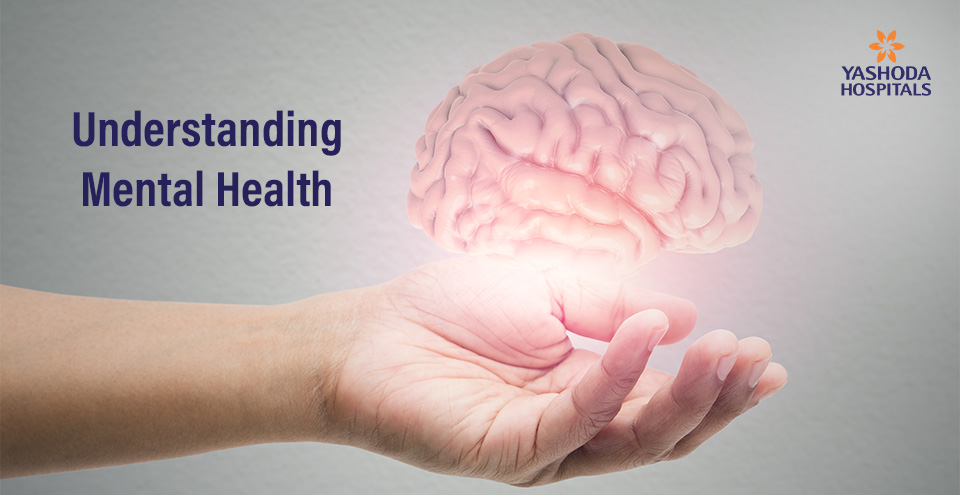
Mental health is more about wellness rather than illness. Mind is an integral part of our body, and just how we take care of our physical health to avoid manifesting serious illnesses, we must take care of our mind to avoid manifesting mental health illness as well. The way we behave, the decisions we take, the manner in which we perceive, the thoughts that come, it is because of what is in the mind. If one wants to visit the park, he/she visits it mentally first and then physically. We must learn to create a mindful intention, to pay attention to what is in the moment, and approach in a non judgemental manner with curiosity and openness.
What is Mental Health?
Mental health is the most misunderstood term, people often take ‘Mental health’ as a substitute for mental health conditions like depression, anxiety, personality disorders, schizophrenia and more. It revolves around the #psychological, emotional & social well-being of a person. It impacts how we feel, think and behave each day.
What are the signs and symptoms of poor Mental Health?
Mental health takes a toll when one decides to concentrate on “what is the problem” rather than “what is good and going well”. Many may know the symptoms of physical illnesses, like a heart attack or stroke but may not know of poor mental health.
Some of the signs and symptoms include:
- Constantly feeling sad or low
- Reduced ability to concentrate
- Withdrawal from social connections and daily activities of life.
- Major changes in eating and sleeping habits
- Suicidal thoughts and feelings of loneliness
- Extreme overthinking and feelings of guilt
- Extreme mood changes
- Detachment from reality, paranoia or hallucinations or even delusions
- Inability to cope with everyday problems of life
- Trouble relating or understanding situations and people
- Substance abuse
- Sex drive changes
- Excessive anger, hostility or violence
- Major changes in eating and sleeping patterns
Why is Mental Health important?
Emotional and Mental health is important since it impacts the thoughts, behaviors and emotions. Being healthy emotionally and mentally can promote productivity and effectiveness in daily activities of life. It also plays an important role to maintain social connections, relationships, and allows the self to adapt to changes in life and cope with adversities.
How to improve Mental Health?
Individuals who are emotionally and mentally resilient apply mindful techniques to deal with difficult situations and maintain a positive outlook. Small things or steps can be helpful in boosting mental health. Here are a few ways to cope with a specific mental health problem, to handle extreme emotions better, or simply to feel more positive and energetic:
- Make social connection a priority
- Aim for 30 minutes of activity everyday
- Eating balanced and healthy brain food
- Make leisure time a priority
- Remembering to be grateful
- Aim for seven to nine hours of quality sleep each night
- Make time for contemplation (re-evaluation) and appreciation without overdoing it
- Finding a purpose that give the necessary drive
When to reach out for help as caregivers?
Mental health can impact different people in different ways. If all consistent efforts to improve mental and emotional health are still not helping you function optimally at home, work, or in your relationships, it may be time to seek professional help. When one starts to see changes in their overall happiness and relationships, there are always positive ways to get the required support. Some ways to find support:
- Connecting with friends and family- Reach out to people in life who can help provide emotional support.
- Learning about mental health- There are many resources you can turn to for learning more about emotional health.
- Seeking professional help– See a psychologist or psychiatrist and find the personalized support you want.
Mental health can be influenced by a variety of factors, including life events or even your genetics. Ultimately, mental health is a state of well-being and not merely the absence or presence of a mental health condition.
References:
- Mental illnesses, Mayoclinic, https://www.mayoclinic.org/diseases-conditions/mental-illness/symptoms-causes/syc-20374968. Last Accessed on 19th June, 2020.
- Mental Health Basics: Types of Mental Illness, Diagnosis, Treatment, and More, Healthline, https://www.healthline.com/health/mental-health#statistics. Last Accessed on 19th June, 2020.
- The emotional and mental aspects of well-being, WedMd, https://www.webmdhealthservices.com/2017/07/12/the-emotional-and-mental-aspects-of-well-being/. Last Accessed on 19th June, 2020.




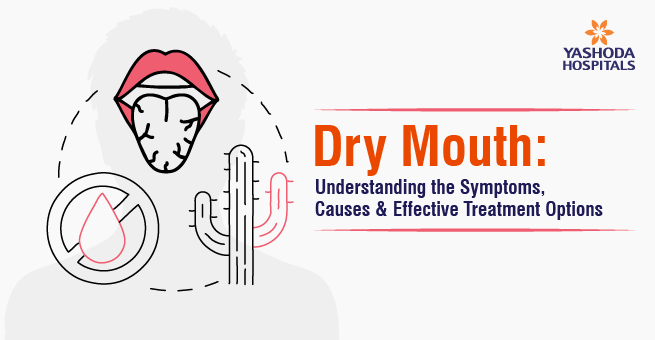



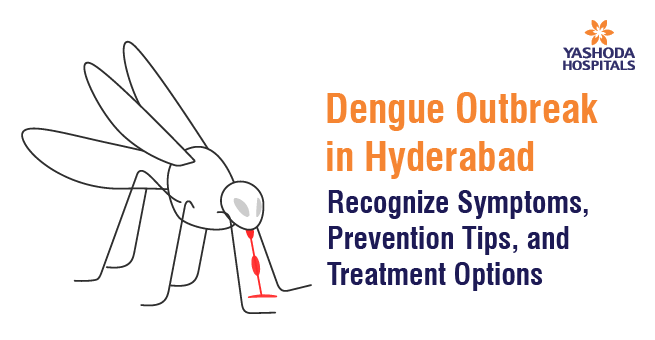

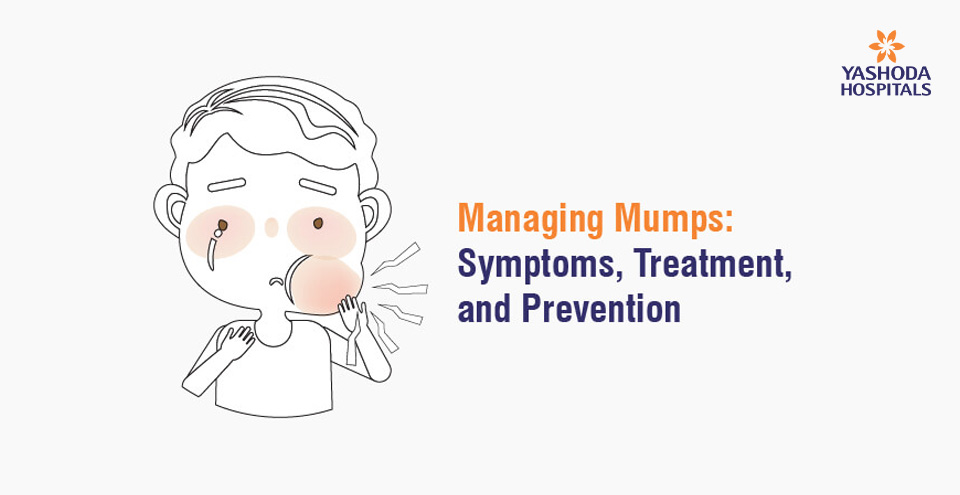
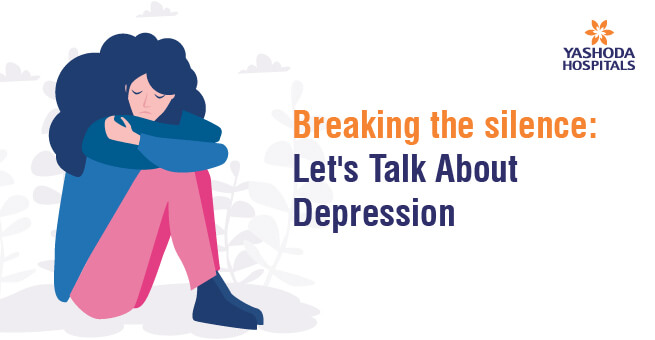





 Appointment
Appointment WhatsApp
WhatsApp Call
Call More
More

